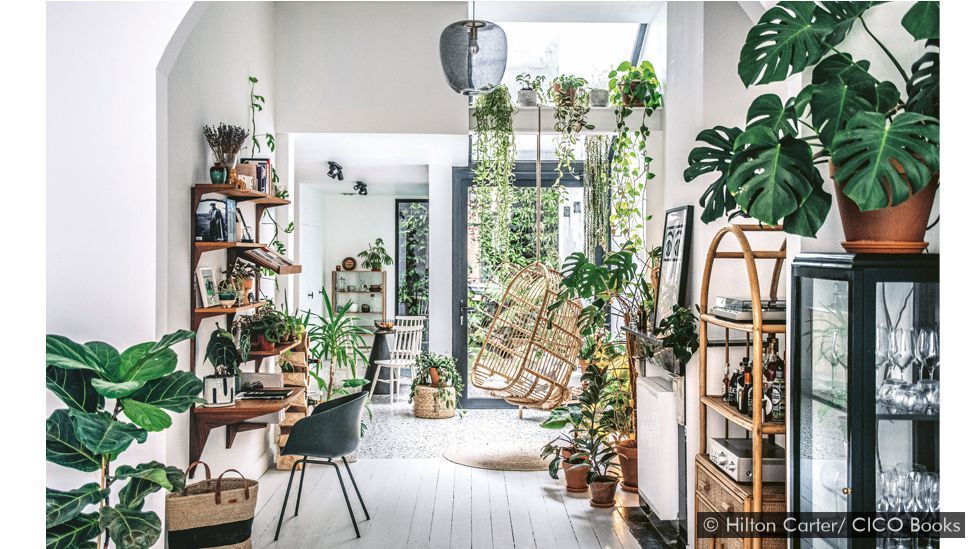Learn more,,,
Millennials and Gen Z love caring for indoor plants. But why? Lindsay Baker speaks to the ‘plantfluencers’, and explores self-care – and the perennial appeal of the houseplant.
Written content from Lindsay Baker via BBC
‘In Cacti We Trust’ is the motto of one of the many passionate plant lovers to be found on social media. In fact, according to a survey by HomeHow, the cactus is the most Instagrammable houseplant by far, with an extraordinary 23 million posts dedicated to the spiny plant. Following in second place is the photogenic Hoya, and then the Monstera, also known as the Swiss Cheese plant. And not forgetting the also popular air-purifying plants, notably the Snake plant, the Chinese Evergreen and the Spider plant.
This overwhelmingly Millennial and Gen Z obsession has exploded in recent years. But why do these particular generations love tending plants so much? It’s a question explored in British author Alice Vincent’s recent book Rootbound: Rewilding a Life. A ‘nature memoir’, which follows real events in the life of the author during her mid 20s. “When a lot of things took different directions in my life to that I had expected, I found solace in gardening and plants,” she says.
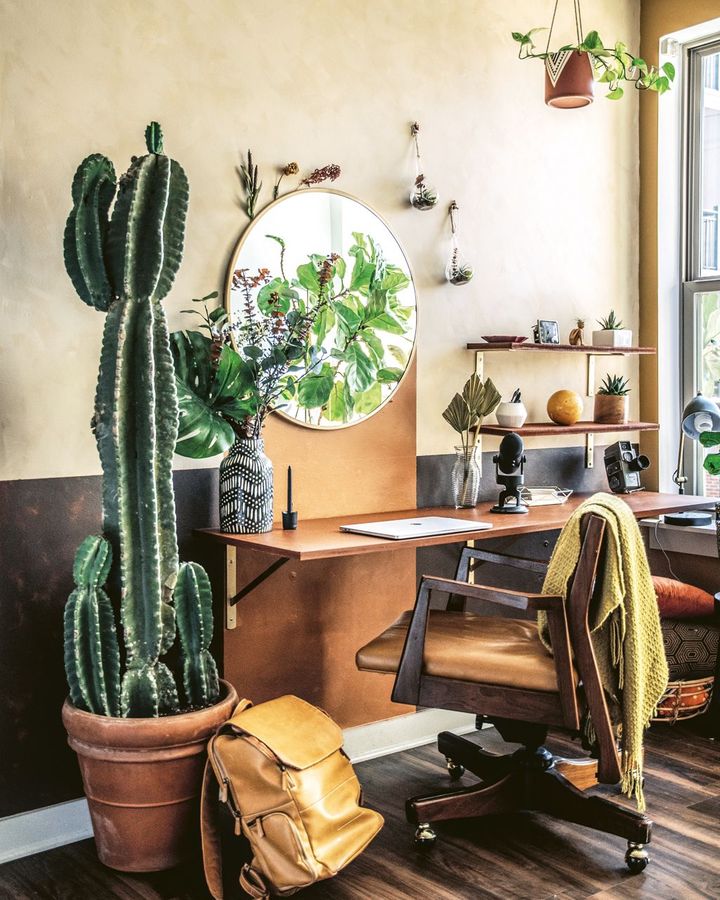
The author says she has a “strong emotional connection” with plants. “There’s something deeply moving about seeing something germinate, flower or even go to seed,” Vincent tells BBC Culture. “There’s a real joy to be found in new growth or the return of a favourite perennial plant through the soil after a long, dark winter. I find the seasonal change of plants and the wider natural world around is something that helps to guide me in my everyday life. Gardening is also something very meditative for me.” And Rootbound struck a chord with readers of around her age, who, she says, “found resonance” with her experiences of “finding the life they were told to achieve and expect to be somehow lacking”. Vincent says she also received feedback from many readers who found her book “a solace and a calming read” during lockdown.
It is a slow, physical and patience-testing activity – all of which I find hugely relaxing when the rest of my life is so rapidly paced – Alice Vincent
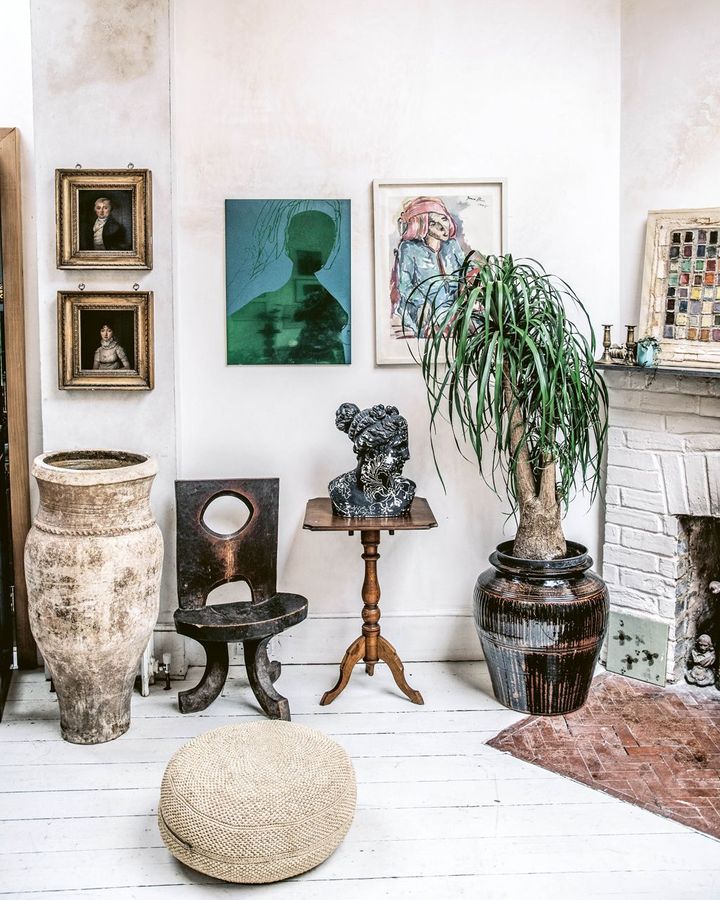
Both Millennials and Gen Z grew up in a landscape that was increasingly obsessed with living online, and the introduction to Rootbound recalls a clear memory of Windows 95 arriving in Vincent’s family home. “From then on we clamoured for technological advance – Gameboys, Tamagotchis, mobile phones, MSN messenger. Everything was expected to be faster, slicker, more connected than its predecessor.” This then continued into adulthood. “We took jobs that were increasingly online, and expected instant gratification from apps on our phones: dating, takeaways, cabs, handymen – everything could be gleaned swiftly.”
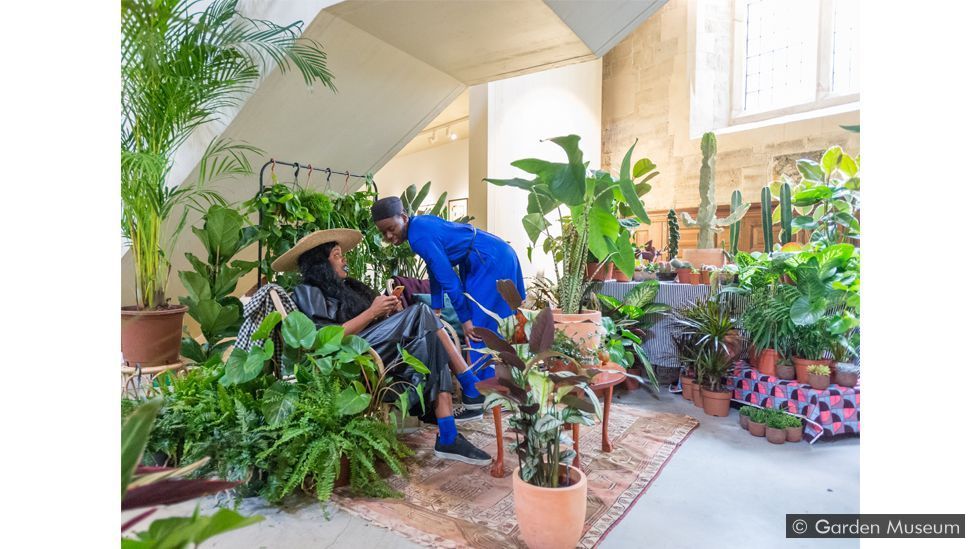
And the antidote to that fast and furious digital life? Tending houseplants and gardening, according to Vincent. “With gardening, nothing is instant. Nothing is guaranteed. Nothing can be tapped on a phone. It is a slow, physical and patience-testing activity – all of which I personally find hugely relaxing when the rest of my life is so rapidly paced.” And of course there’s also the ecological dimension too. “We’re a generation increasingly conscious of the planet we exist upon and in, and how we need to connect and look after it. Gardening is as much part of climate consciousness as using a refillable water bottle.”
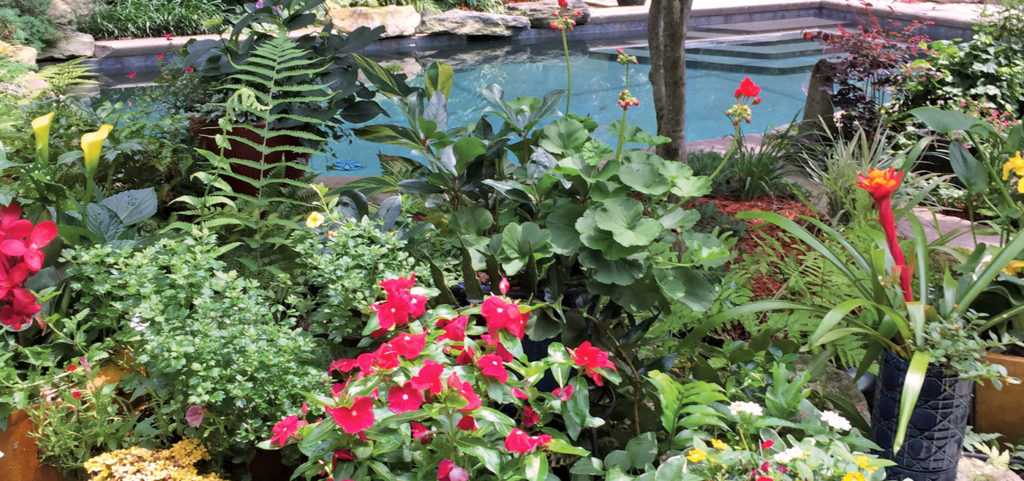
Yet she also found out while researching the book that the phenomenon of tending indoor plants has a long history. “I discovered that my generation of Millennial gardeners, who are fascinated by houseplants and see gardening as a form of self-care, were the latest in a series of generations, spreading back centuries, who went to ground or tended to the earth in times of turmoil or difficulty. I found that fascinating, that for all of human expansion, industrialisation and progress, there was always a movement back towards the ground. For instance, parlour palms that could cope with low light and that can be moved from home to home, were popular in the Victorian era – as they are now.”
And Vincent has been inspired by a variety of plantswomen in history, including Katherine White, a literary editor who was a gardener in her spare time. “She never dressed down to garden – she’d go out in tweed suits and Ferragamo shoes.” Then there is Jamaica Kincaid and Alice Walker for their garden writing, “which put gardening in the context of colonialism and slavery”. Also, Marianne North, an artist who travelled the globe painting flora and fauna. And Gertrude Jekyll and Beth Chatto, who “both took on the patriarchal stronghold of garden design and radically altered how we plant today”.
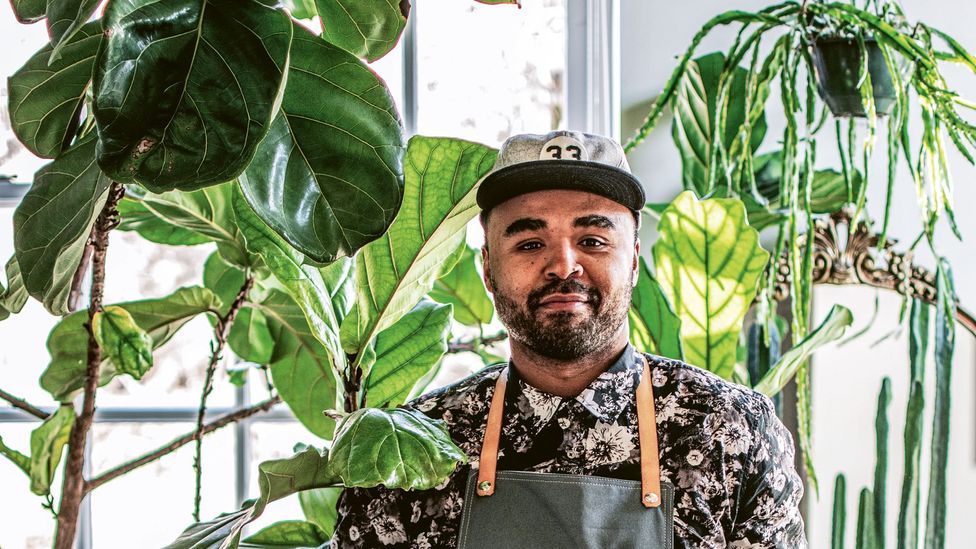
Wild interiors
Paradoxically, although tending plants acts as an antidote to digital life, it is the online world that has helped the plant-tending Millennials and Gen Zers find each other, and to form their own global community. Vincent was self-taught, but says that she learned from more experienced growers and gardeners on Instagram. In 2015 she started her own account @noughticulture. And there is a whole world of so-called ‘plantfluencers’ like Vincent. Notable among them is Baltimore-based Hilton Carter (@hiltoncarter) who has written several books on the subject of houseplants. His latest, Wild Interiors, is a lavishly illustrated volume that showcases how plants can enhance the home. Read more from BBC.
Read other US News stories from News Without Politics
Subscribe to News Without Politics

